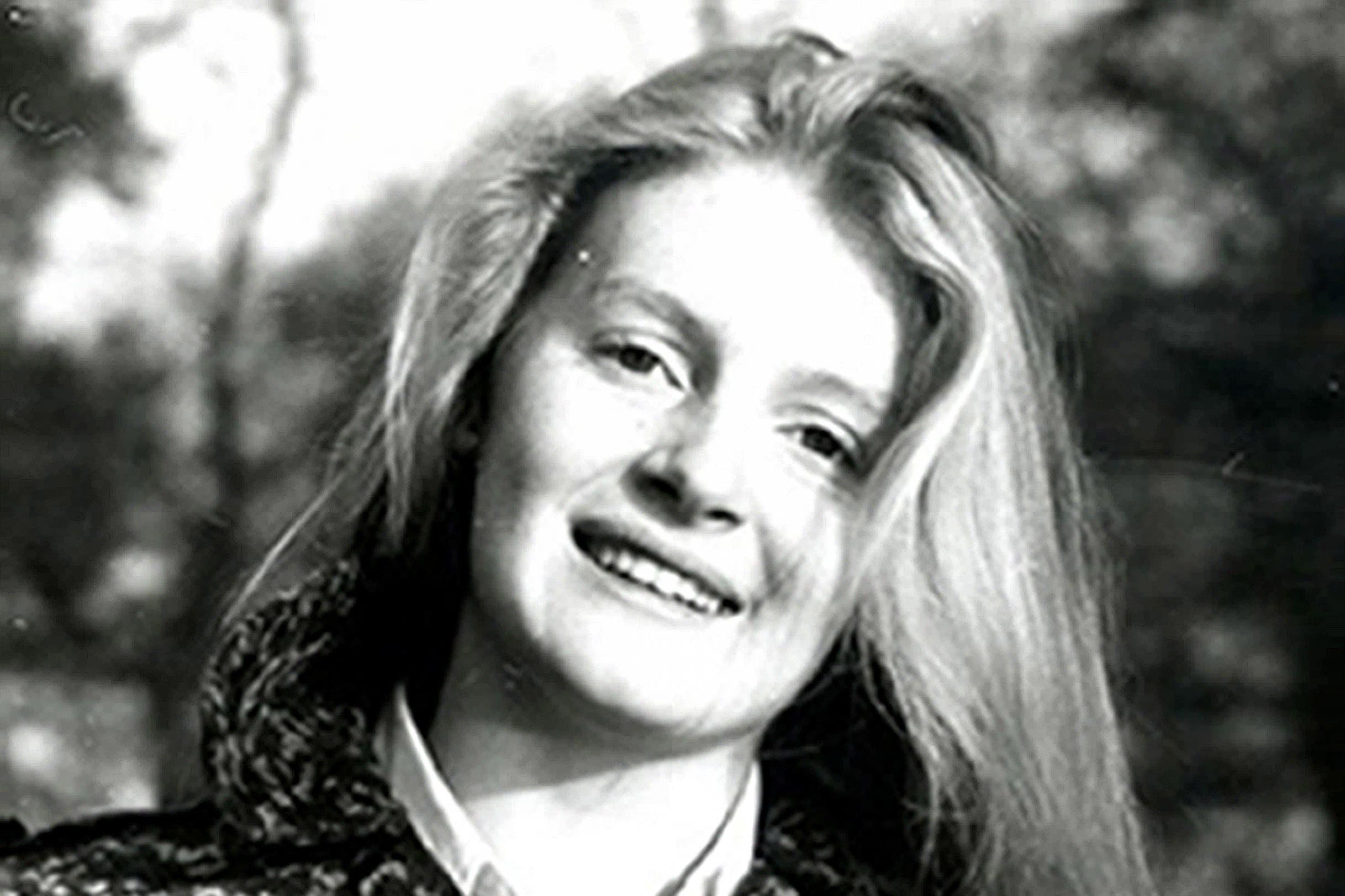Sophie Toscan du Plantier’s son says search for ‘truth and justice’ continues
Ian Bailey, the main suspect in Ms Toscan du Plantier’s murder, died on Sunday.

Your support helps us to tell the story
From reproductive rights to climate change to Big Tech, The Independent is on the ground when the story is developing. Whether it's investigating the financials of Elon Musk's pro-Trump PAC or producing our latest documentary, 'The A Word', which shines a light on the American women fighting for reproductive rights, we know how important it is to parse out the facts from the messaging.
At such a critical moment in US history, we need reporters on the ground. Your donation allows us to keep sending journalists to speak to both sides of the story.
The Independent is trusted by Americans across the entire political spectrum. And unlike many other quality news outlets, we choose not to lock Americans out of our reporting and analysis with paywalls. We believe quality journalism should be available to everyone, paid for by those who can afford it.
Your support makes all the difference.Sophie Toscan du Plantier’s son has said her family continues to search for “truth and justice” following the death of Ian Bailey.
Pierre-Louis Baudey-Vignaud said his family will “never be able to obtain a confession” from Mr Bailey after his death on Sunday.
Mr Bailey, 66, was the main suspect in the murder of the French producer.
He had a severe heart condition and had been a candidate for surgery.
The body of Ms Toscan du Plantier, 39, was found badly beaten outside her holiday home in Schull, West Cork, in December 1996.
Mr Bailey, with an address at The Prairie in Schull, was convicted of her murder in his absence by a Paris court in May 2019, which imposed a 25-year sentence.
He had no legal representation, did not attend the court and described it as a farce at the time.
In October 2020, the High Court in Ireland rejected an attempt by French authorities to extradite Mr Bailey for the murder.
The court ruled that he would not be surrendered to France after a European Arrest Warrant was issued in 2019.
Mr Bailey has always vehemently denied any involvement in Ms Toscan du Plantier’s death.
Speaking in a video message to Irish national broadcaster RTE on Monday, Mr Baudey-Vignaud said his family is continuing efforts for “truth and justice” about the murder of his mother.
He said: “An investigation is still under way in Ireland and we are confident that the discovery of new evidence, the hearing of new witnesses, and the revelation of possible complicity will enable Irish police to close the case, finally, 27 years after my mother’s murder.”
Earlier on Monday, Ms Toscan du Plantier’s uncle also said that Irish investigators must continue to probe her murder.
Jean Pierre Gazeau said Mr Bailey “never faced legal consequences” in Ireland.
Mr Gazeau said his family were so certain of Mr Bailey’s guilt because he was convicted of her murder in a French court, adding there were so many “circumstantial evidences” tying him to her death.
Mr Gazeau told RTE radio: “Ian Bailey, he is a human being and may his soul rest in peace.
“Ian Bailey remained free in Ireland. He never faced legal consequences in that country. He constantly refused to answer questions from French investigators from the judge.
“He tied himself in lies, omissions, contradictions before Irish investigators.
“Ian Bailey consistently evaded justice and refused to disclose the truth to a judge about the murder of Sophie.”
He added: “I think the cold case team’s investigation in Ireland should continue because there is a strong possibility to have new evidence coming from DNA researchers with this new system of investigation.”
Mr Gazeau said Sophie’s parents, whom he said were unwell, were to be told about Mr Bailey’s death later on Monday.
He also said that Mr Bailey attempted to contact him a number of times.
“We always refused to establish a direct contact with Ian Bailey. This is a matter of justice. When someone is accused of murder, I think the most important thing is to have a normal relationship between that person, which is considered a suspect, and the police.
“It’s not normal to have a direct communication between the suspect and the family of the victim.”
Manchester-born Bailey tried to build a career as a journalist before moving to West Cork in the mid-1990s where he turned his hand to poetry, gardening and running a pizza stall with his former partner.